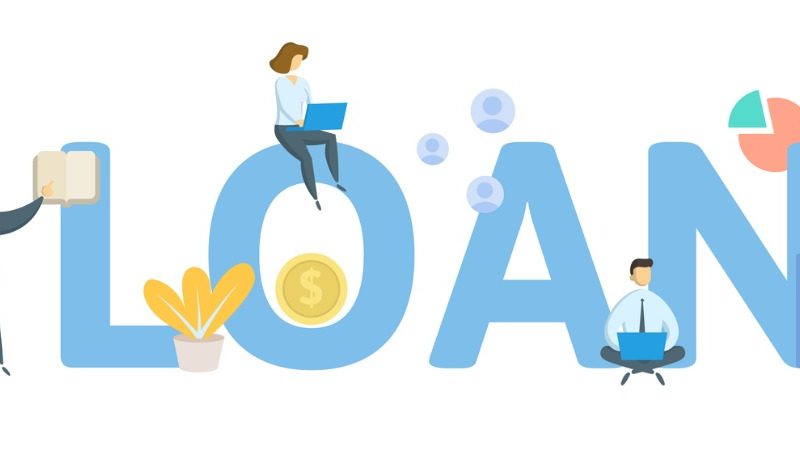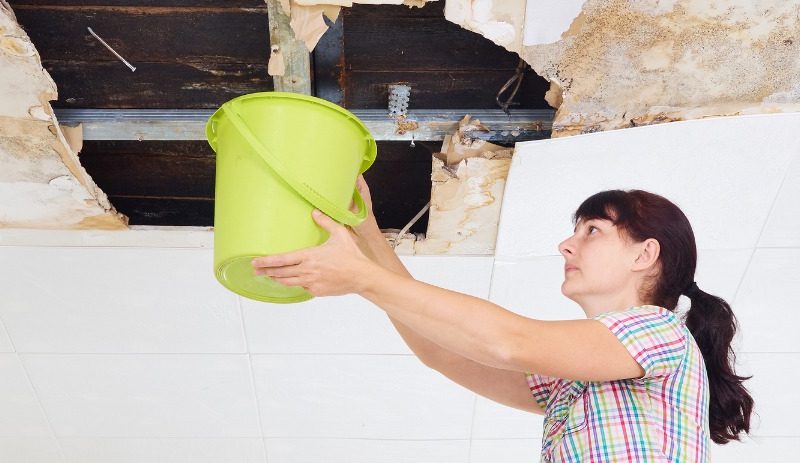Does your rental property make you money or just look pretty?
Rental properties are a licence to make money, aren’t they? All you need to do is buy, and watch the price go up, up, and up.
The answer to that is yes and no. Property investors don’t all become squillionaires overnight. It’s not a licence to make money. And long-term investors say capital gain is by no means the number one number they consider when buying.
Sadly the world is littered with failed residential property investors who thought it would be easy money or fell for the so-called wealth gurus. If they’re lucky, they escape with their money and sanity intact. Some don’t.
Lessons for young players include:
- Thinking it’s easy. Owning rental property means managing tenants. There’s lots of work involved in sourcing and managing tenants, chasing non-payers, maintaining properties and handling the paperwork such as tax returns. It’s a business and a job in its own right, not just a licence to print money. You really need to do your due diligence.
- Choosing a property you’d like to live in yourself. There is a big difference between a home and a rental property. Property investment is about making money, not choosing a pretty house you’d like to live in yourself. It’s all about the yield. That’s the income after all costs are deducted expressed as a percentage. Yield is your return on investment. Often the best rental yields come from simple properties, not architecturally designed ones with complex landscaped gardens. A simple HardiePlank or concrete block box can be far more beautiful to your bank account than a stunning home in Fendalton or Remuera.
- Not enough cash flow. Like any business investment you need money coming in to cover the expenses of mortgage, rates, maintenance, insurance, property management fees, and so on. Topping up the mortgage month after month can be a real drag. Even worse is if you lose your day job due to illness, accident or redundancy, can’t make the mortgage payments and end up in a mortgagee sale situation. Banks can, and often do, take your own home as well when your investments turn to custard.
- Not appealing to tenants. Some properties have trouble written all over them. They’re hard to rent because of factors such as being in the wrong location, not being secure, being too far from the shops or public transport, and so on. If the turnover of tenants and vacancy rate is high and you don’t have a ready flow of tenants you may have to reduce the rent or go without for extended and expensive periods of time between lets. Or because they’re hard to rent you drop your standards and end up with troublesome tenants at best and P-cooks at worst.
- Not planning for interest rate shocks. Too many new investors are doing their numbers on 5% interest rates. Rates can rise. It’s much better to do your numbers on a much higher interest rate such as 7%. If you can still afford it then you know you can weather an uncertain future.
- Failing to keep an emergency fund. Unexpected expenses can arise out of the blue. Just ask Christchurch landlords whose properties were left uninhabitable after the earthquakes of 2010 and 2011. Or if your tenant cooks P and you don’t have adequate insurance you could be up for tens of thousands of dollars for remediation work. Ask yourself what happens to you financially if the roof on your rental needs replacing? The list goes on and on.
Tips for new players:
If you can work your way through the downsides there are of course some very good upsides. None-the-less it’s important to do a thorough budget. All too often new investors leave out costs such as renovation or underestimate those costs. Or they overestimate the income from the property based on rosy pictures painted by real estate agents who had the commission carrot in front of them. Here are some useful tips to get you started:
- Do a budget. Rental properties are all about the returns week in week out. The capital gain is just the icing on the cake. In the meantime you need to make ends meet. That’s all about the ‘net rental yield’ after expenses. QV has a good calculator to work that out here. But your number crunching needs to include a lot more than just yield. All too often new investors do a ‘back of the envelope’ budget. It’s far better to use a spreadsheet, app or calculator. There are many very good property investment calculators around. A good place to start is Westpac’s Property Investment Calculator. There are a number of apps for iOS and Android devices available online as well.
- Run a proper analysis of the do-up work. Even if you plan to do the work yourself, you might want to get a professional to put together a budget for you. For those who want to do their own budget, the ASB provides a free renovation spreadsheet. If that doesn’t work for you, try Googling ‘rehab spreadsheet’ or ‘renovation spreadsheet’.
- Budget more than you need. If you hadn’t noticed, good tradespeople are as rare as hen’s teeth in New Zealand thanks to all the earthquake repair work to be had. Even if you can get them their rates have gone through the roof. You need to build in a huge buffer to maintenance and improvement budgets.
- Understand negative gearing. It’s rare, but not unknown, to buy a rental property that turns a profit on the rent from day one. Most properties, however, are ‘negatively geared’, which means they make a small or not-so-small loss on day-to-day income and expenditure. That loss can be claimed against taxes paid on your day job providing you have the correct ownership structure in place. The tax implications are different depending on whether the property is owned in your name, a family trust, a look through company or a limited partnership. It’s essential to get advice on this from a property accountant or company structure specialist before buying. Otherwise you could cost yourself in unnecessary tax payments.
Finally, you can do it. Get yourself some good property investing books out of the library and read them. Look for the ones with practical information rather than those that claim to reveal the ‘investment secrets’ of getting rich quick. What you need is boring books that are packed full of detail about how to do the numbers, manage the property, and run your rental business.
- Post Tags:
- home ownership
- personal finances
Credit Simple
Credit Simple gives all Kiwis free access to their credit score, as well as their detailed credit report. See how your credit score compares by age, gender and community and gain valuable insights into what it all means.
All stories by: Credit Simple


